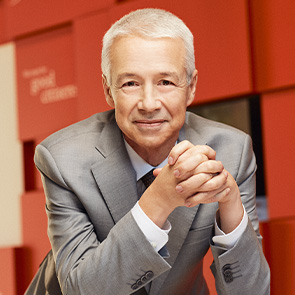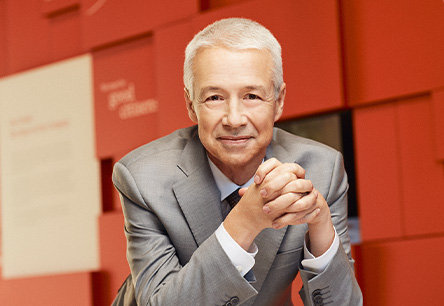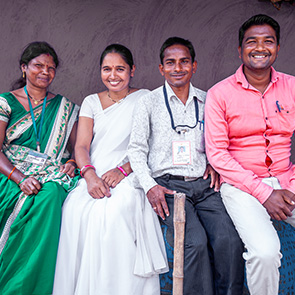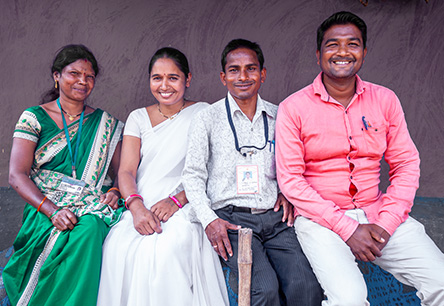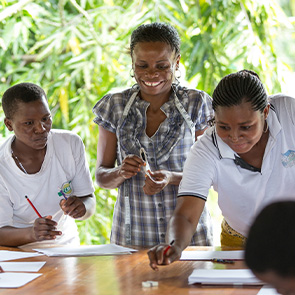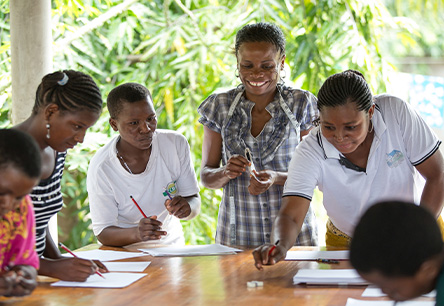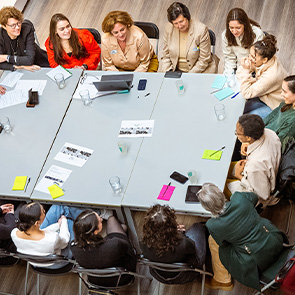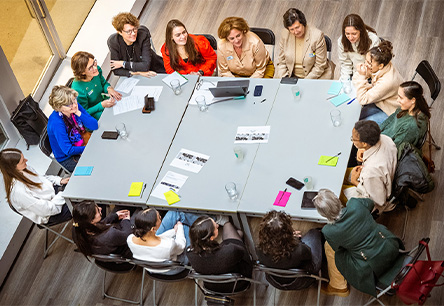For Johnson & Johnson, trade in counterfeit products is enormously concerning. Counterfeit healthcare products place people—the very people we aim to help—at risk of adverse events, serious health problems and potentially death. Fake medical products undermine confidence in product quality, safety and reliability, which, at Johnson & Johnson, are at the center of everything we do.
We constantly strive to adopt new ways of monitoring and detecting illicit trade through enhanced product security and analytics. Advanced technologies are critical in addressing the growing sophistication of illicit trade, especially in online marketplaces. Our 24/7 online monitoring includes more than 780 global marketplaces, 108 dark web locations, 24 social media sites and more than 294,000 unique domains. We investigate bad actors and seek to stop the flow of illicit trade by sharing relevant information with law enforcement to assist in tracking down and prosecuting those who are endangering patients through illicit trading activities.
Fake medicines kill almost 500,000 sub-Saharan Africans a year.62
Taira Bell
Vice President, Global Brand Protection, Johnson & Johnson
We continue to record our trademarks with customs and border protection agencies to help eliminate illicit versions of our products from crossing borders around the world. We conduct specialized training for various national and international law enforcement agencies across the globe.
In 2022, we conducted 104 training sessions that led to 24 related seizures of illicit trade shipments in various regions.
During 2022, we continued to reinforce our programs and engage widely across our markets, including with regulatory bodies, to protect our patients by combating fake products and illicit trade. For example, throughout the first half of 2022, Johnson & Johnson was actively involved in an investigation into a counterfeit HIV medication ring and filed suit against a number of distributors and pharmacies who were involved with this scheme. On June 17, the U.S. Department of Justice (DoJ) announced the arrest and indictments of two individuals for allegedly distributing more than $230 million in adulterated HIV drugs to unsuspecting patients across the U.S. We continue to engage with the DoJ and law enforcement in ongoing investigations.
J&J MedTech’s Ethicon created a compelling educational campaign targeting healthcare facilities to raise awareness about risks of counterfeit medical devices to patients and how to prevent their introduction into the supply chain. Informational materials were distributed and promoted by Ethicon’s sales force using various channels; for example, Ethicon presented information about how the illegal gray market is a conduit to counterfeit products to 1,300 attendees at the American Society for Healthcare Risk Management (ASHRM) 2022 Annual Conference. This was the first time this topic had ever been presented at ASHRM to an influential audience of healthcare risk professionals, and we hope this will lead to further engagement and collaboration to combat illicit trade.
Ongoing, we continue to deploy holistic brand protection programs to enhance our value chain integrity and to disrupt the illicit supply chain. We partner internally across functions and also engage widely in an array of national and international trade groups, industry alliances, organizations, law enforcement agencies, educational coalitions and other groups that share our determination to eliminate counterfeiting globally.
62United Nations News, “Fake medicines kill almost 500,000 sub-Saharan Africans a year: UNODC report,” https://news.un.org/en/story/2023/02/1133062, accessed February 2023.

